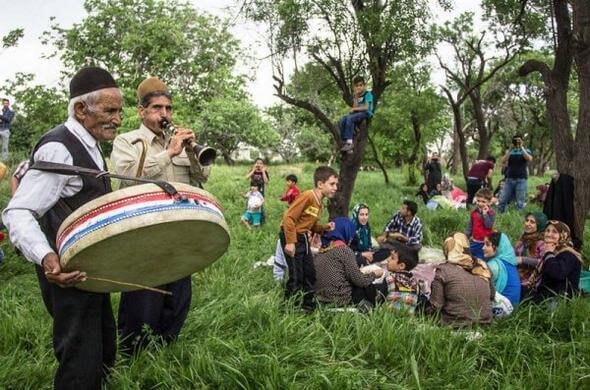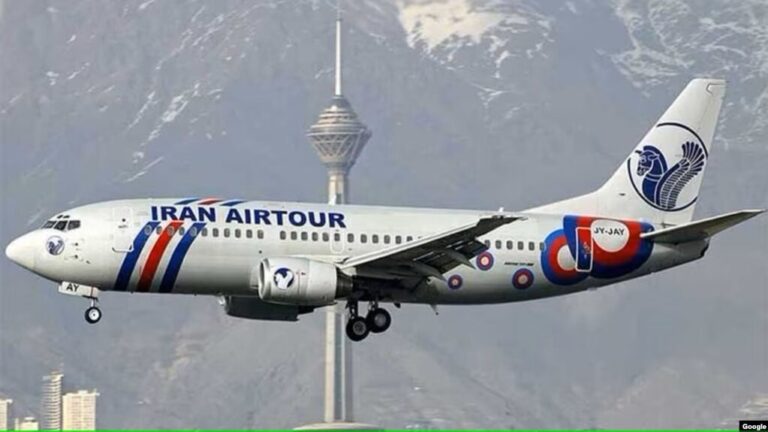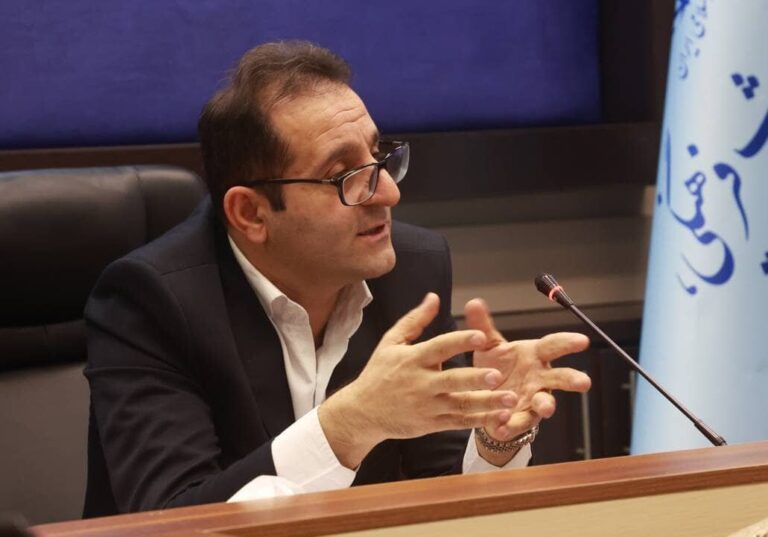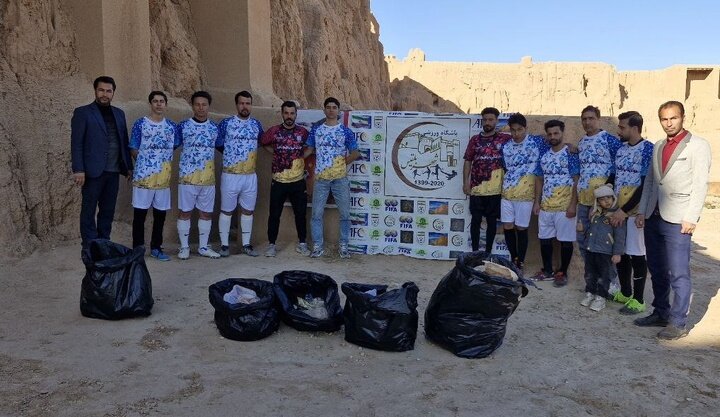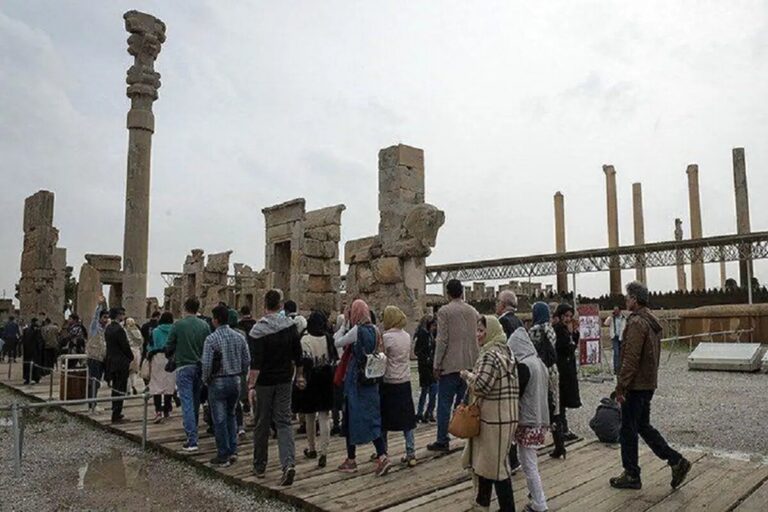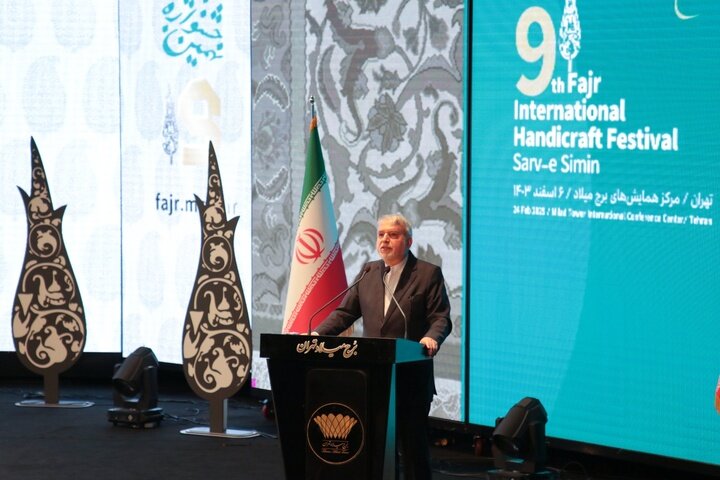International Diplomacy in Action: Ambassadors from Five Nations Explore Qazvin
In a recent cultural exchange, ambassadors and representatives from Uganda, Sierra Leone, Bangladesh, Malaysia, and Sri Lanka visited Qazvin, a province in Iran known for its rich economic, cultural, and tourism potential. This visit not only highlighted the importance of international connections but also showcased the vibrant traditions of Qazvin.
The representatives met with Qazvin Governor-General Mohammad Nozari in the governor’s office on Thursday. During this meeting, Nozari introduced them to a significant local tradition known as “Panjah Bedar”, a ritual that has been celebrated for centuries.
Nozari explained the essence of Panjah Bedar, stating, “Today, we are with you to introduce one of the ancient traditions of Qazvin known as Panjah Bedar. This ritual, which dates back to hundreds of years ago, is a sign of social solidarity and praying for water and abundant blessings.”
Every year on May 9, many residents gather at the Mosalla, the city’s grand prayer ground, to pray for rainfall and to celebrate their cultural heritage. The governor emphasized that this event is not only religious but also an excellent opportunity to promote Iran’s authentic culture.
The presence of foreign ambassadors at this ritual underscores the significance of cultural collaboration in fostering closer ties among nations. Nozari pointed out that Qazvin is an ancient province rich with historical, natural, and religious attractions, making it a key area for tourism in Iran.
He remarked, “Qazvin has a strategic position, rich history, and ancient civilization. The province has been a crossroads of history and technology. In fact, it is the paradise of technology and smart investment.”
With its vast potential in clean and knowledge-based energies, Qazvin ranks as the fourth industrial province in Iran. The governor also highlighted the province’s capabilities in modern agriculture.
Nozari expressed eagerness for economic collaboration, stating, “We are ready for joint investment in health tourism, construction of modern and traditional accommodation sites, innovative industries, and large industrial townships.”
Ambassador of Bangladesh to Iran, Manjurul Karim Khan Chowdhury, expressed his satisfaction with his visit to Qazvin. He remarked, “We are happy that we take part in the Panjah Bedar festival, which is a nature-oriented event. We are happy that we have seen the Safavid-era capital city.”
Chowdhury noted the surprising fact that Qazvin, despite its rich history and numerous monuments, has not been widely promoted to tourists. “When tourists travel to Iran, they often visit Shiraz first, while Qazvin has more historical monuments,” he said.
He acknowledged the province’s focus on clean energies and expressed hope that Qazvin would emerge as a hub for mass-produced clean energy technologies. He also mentioned the cultural ties between Bangladesh and Iran, stating that many Bangladeshis speak Persian and that 90 percent of the population is Muslim, benefiting from religious exchanges with Iran.
Furthermore, the Malaysian Ambassador in Iran, Khairi Omar, shared his impressions, stating, “It is the first time that I visit Qazvin. Qazvin is located close to Tehran, which is an advantage. Tourists can easily visit Qazvin monuments.”
He added that Malaysian culture shares similarities with Iran’s, suggesting that both nations could collaborate in the fields of clean energy and religious education. Omar also noted that Qazvin is the province in Iran most akin to Malaysia.
Panjah Bedar, which means “Fifty Days Later” in Persian, is celebrated on the 50th day of the new year, serving as a day for thanksgiving to God for blessings. The festival is vibrant and colorful, filled with joy and festivities, which include various cultural and traditional events, musical performances, and food stalls.
One of the standout features of the Panjah Bedar Festival is the lively street parade that takes place in the heart of Qazvin. Participants of all ages don traditional costumes as they march through the streets, accompanied by live music. The parade is a visual delight, enhanced by colorful decorations, banners, and flags that create a festive atmosphere.
As Qazvin continues to promote its cultural heritage and economic potential, events like the Panjah Bedar Festival play a crucial role in enhancing international relationships and showcasing the unique traditions of Iran. Through such collaborations, Qazvin aims to attract more tourists and investors, ultimately fostering a deeper understanding of its rich history and culture.
